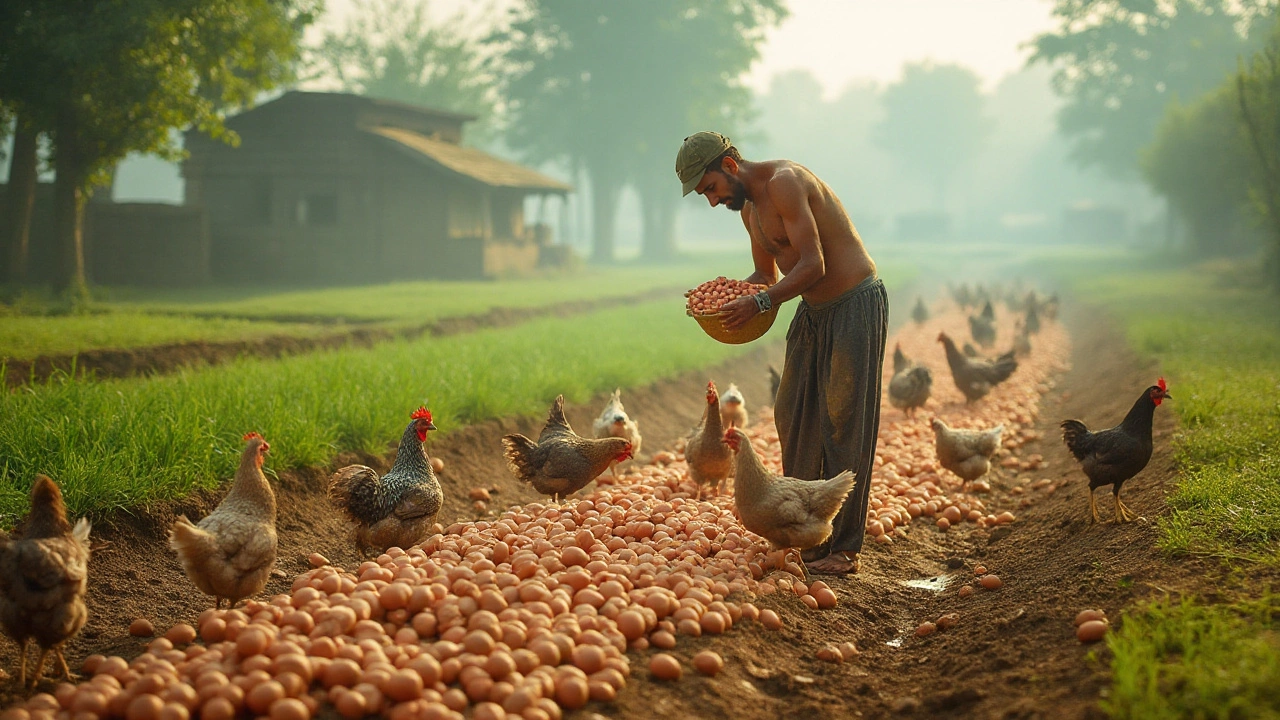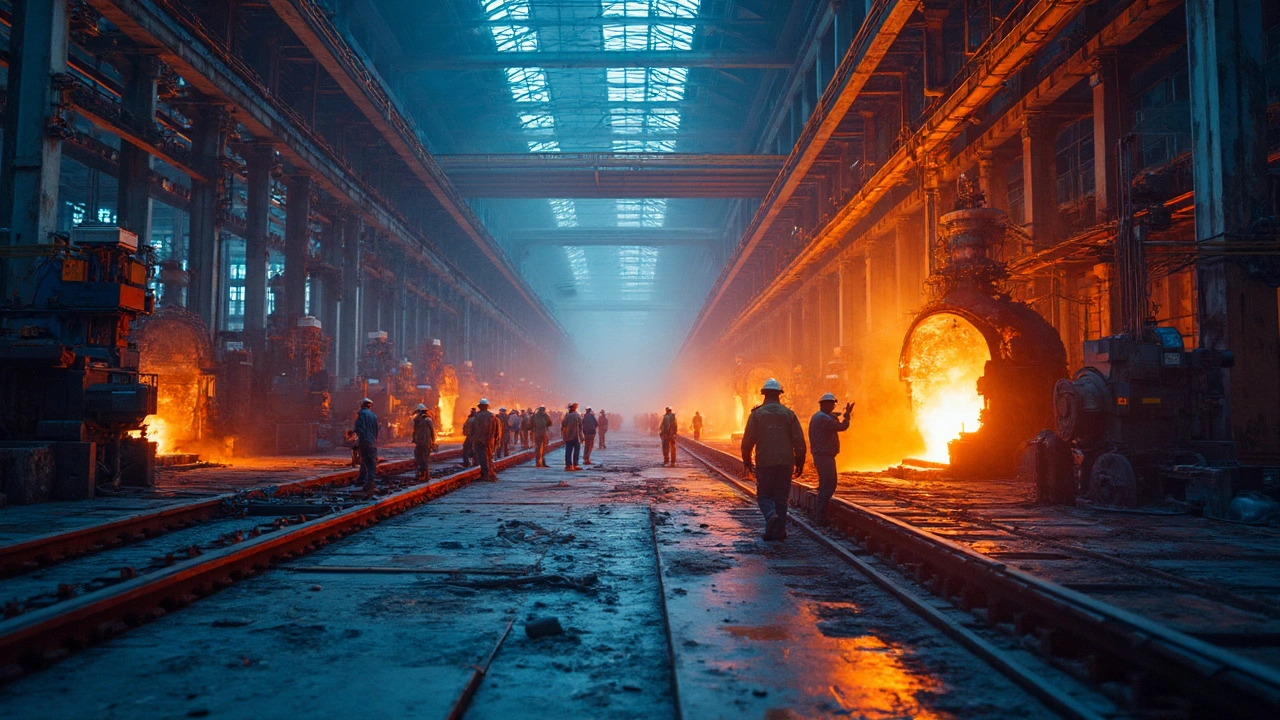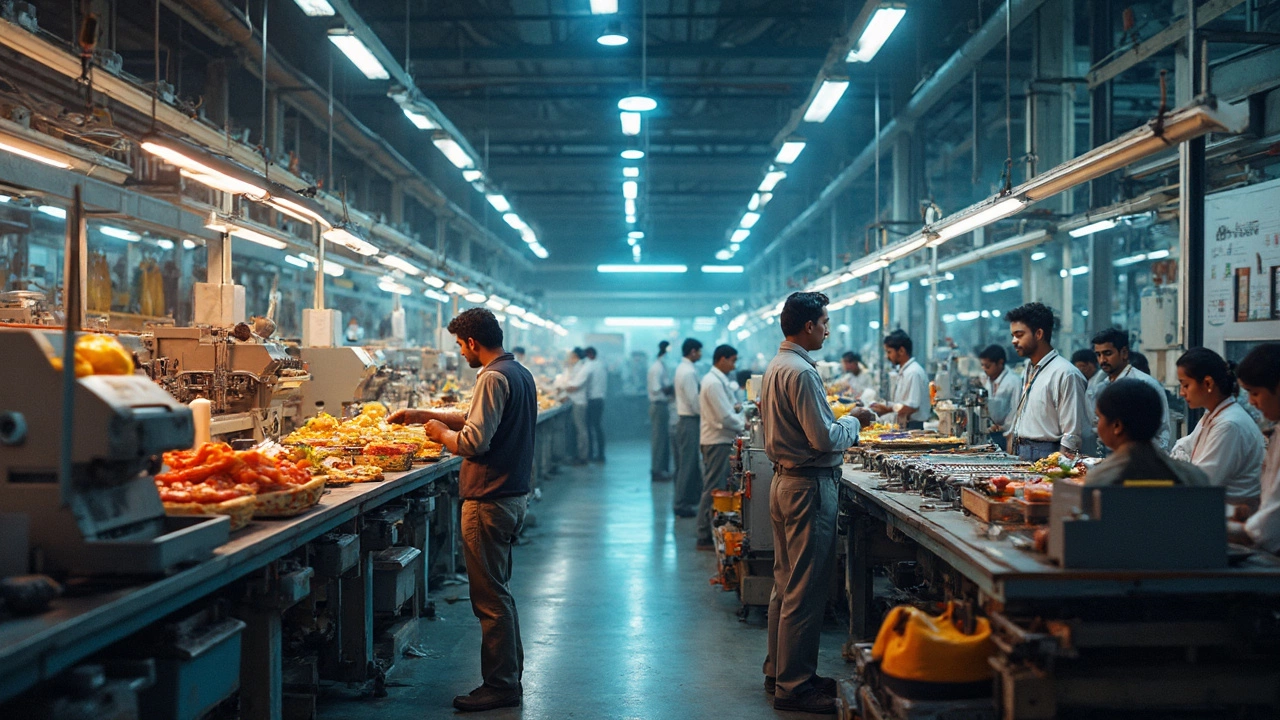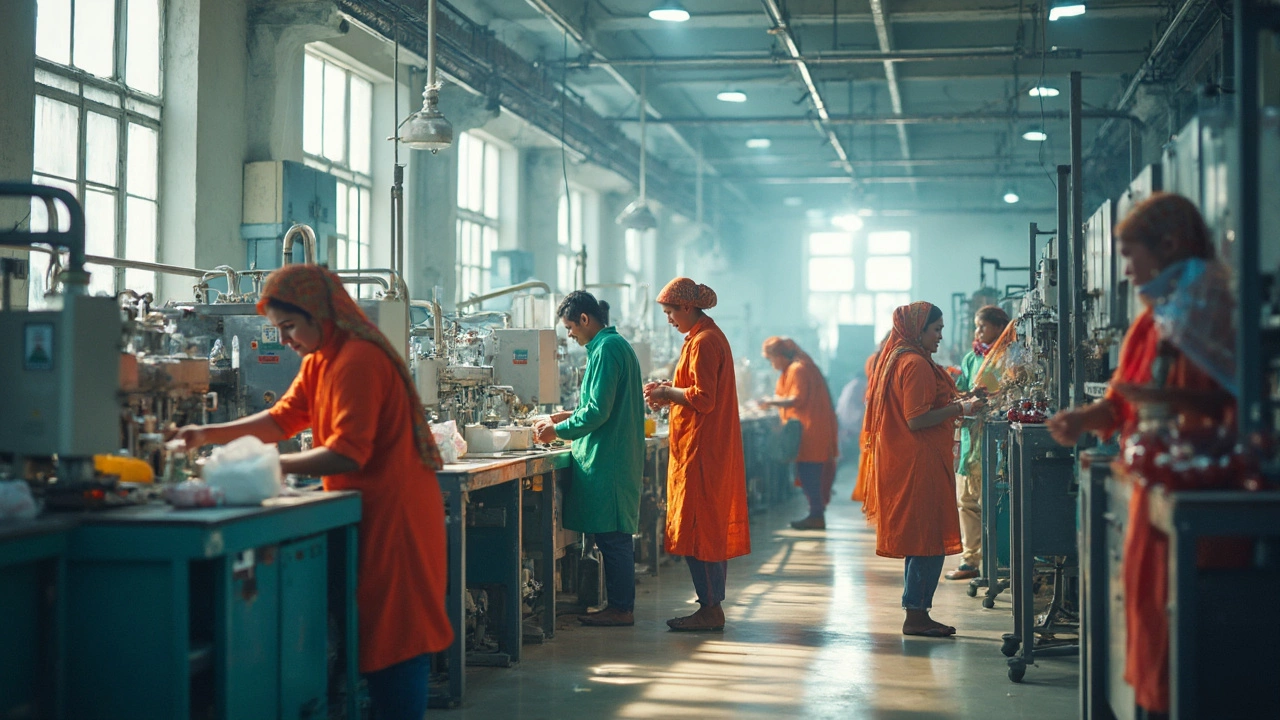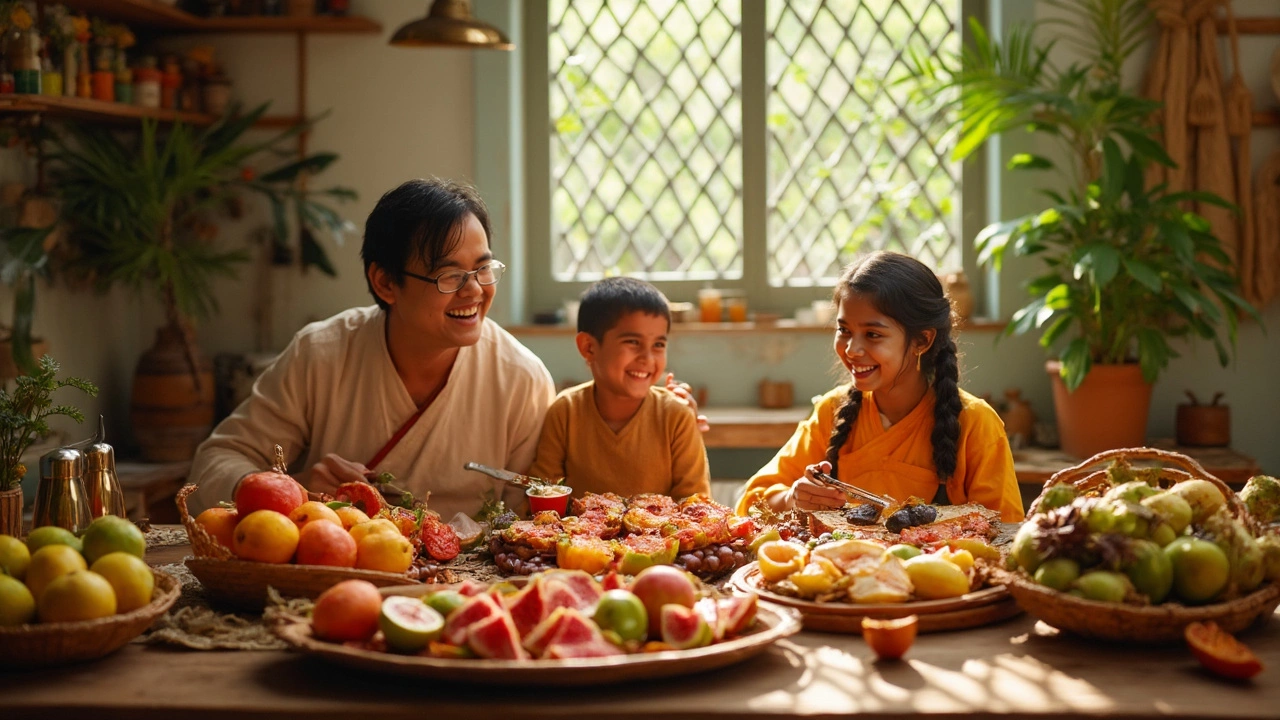Processed Food: What It Is and Why It Matters
When working with processed food, food that has been altered from its original form through manufacturing, preservation, or packaging techniques. Also known as ready‑made food, it plays a huge role in modern diets because it lets us eat quickly and store longer. processed food isn’t a single thing; it spans everything from frozen veggies to snack bars, each with its own story.
Key Factors Shaping Processed Food Today
The first big factor is food processing, the set of industrial methods that turn raw ingredients into stable, market‑ready products. Food processing requires machinery, energy, and often a supply chain that moves ingredients across regions. That leads directly to the second factor: food packaging, materials like plastic, metal or paper that protect, preserve, and transport processed foods. Packaging works hand‑in‑hand with processing – without it, many products would spoil before they reach shelves. A third piece of the puzzle is preservatives, chemical or natural agents added to extend shelf life and prevent microbial growth. Preservatives influence the final nutrition profile and safety of the food you buy.
These three entities create a network of relationships. For example, food processing encompasses preservation techniques (subject‑predicate‑object); food packaging requires specific preservatives to maintain freshness; and sustainable manufacturing influences both processing efficiency and packaging waste. When manufacturers adopt greener energy, they can cut the carbon footprint of processing, which in turn reduces the environmental load of packaging materials like plastic. This triple connection shows why looking at processed food means looking at the whole system, not just the snack.
Health and nutrition are often the headline concerns. Processed meals can contain added sugars, sodium, and unhealthy fats, which affect the nutrition, the balance of calories, vitamins, minerals and other nutrients in a food product. However, not all processing is bad – canning vegetables preserves vitamins, and fortification can add missing nutrients. The key is transparency: labels should tell you which preservatives are used, how much sodium is added, and whether the packaging is recyclable. Readers who understand these details can make smarter choices, like swapping a heavily processed snack for a minimally processed, high‑fiber alternative.
From a sustainability angle, the plastics discussed in our recent article about “Which Plastic Is in Demand in 2025?” directly affect processed food packaging. Recycled PET bottles and rHDPE containers are becoming common, reducing landfill waste while keeping food safe. Similarly, the push for “Zero Waste Fruits” links back to processing because less waste in the supply chain means fewer resources spent on extra packaging. If manufacturers invest in biodegradable films or reusable packaging, the whole ecosystem – from farm to fork – becomes cleaner.
All these themes – processing tech, packaging materials, preservatives, nutrition, and sustainability – intersect in the articles you’ll find below. Whether you’re curious about the economics of high‑paying factory jobs, the rise of no‑till gardening, or the future of plastic demand, each piece adds a slice of the bigger picture of processed food today. Below, you’ll discover practical tips, industry insights, and real‑world examples that together paint a clear view of how processed food shapes our lives.
Understanding Egg Processing: Are Eggs Considered Processed Food?
Eggs are a staple in many diets around the world, but there is often confusion around whether they qualify as processed food. This article delves into what constitutes processed food and examines whether eggs fit this category. We'll also explore the various stages eggs undergo from farm to table and bust some common myths about egg processing. Understanding the journey of eggs can help consumers make more informed choices.
- manufacturing
- India
- food processing
- garden tips
- rice cultivation
- government schemes
- balcony garden
- urban gardening
- balcony gardening
- profitable business
- business ideas
- plastic manufacturing
- drip irrigation
- plant care
- steel manufacturing
- sustainable gardening
- startup ideas
- steel industry
- flower gardening
- textile manufacturers

